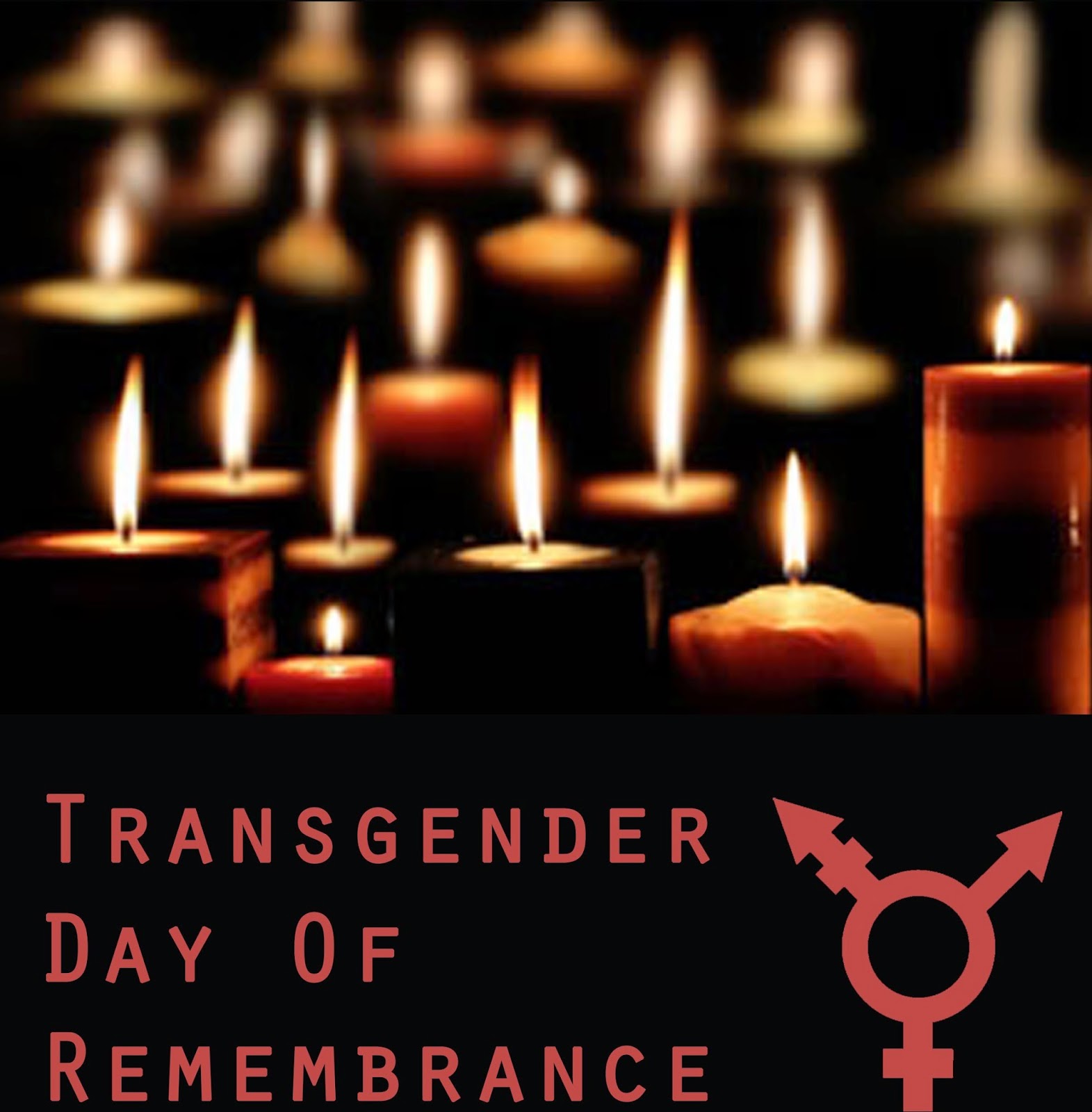A Veteran Remembers
By Howard Zinn
Let's go back to the beginning of Veterans Day. It used to be Armistice
Day, because at the 11th hour of the 11th day of the 11th month of 1918,
World War I came to an end.
We must not forget that conflict. It revealed the essence of war, of all
wars, because however "just" or "humanitarian" may be the claims, at
the irreducible core of all war is the slaughter of the innocent,
organized by national leaders, accompanied by lies. World War I was its
epitome, as generals and politicians sent young men forward from their
trenches, bayonets fixed, to gain a few miles, even a few yards, at
frightful cost.
In July 1916 the British General Douglas Haig ordered 11 divisions of
English soldiers to climb out of their trenches and move toward the
German lines. The six German divisions opened up with their machine
guns. Of the 110,000 who attacked, more than half were killed or
wounded--all those bodies strewn on no man's land, the ghostly territory
between the contending trenches. That scenario went on for years. In
the first battle of the Marne there were a million casualties, 500,000
on each side.
The soldiers began to rebel, which is always the most heroic thing
soldiers can do, for which they should be given medals. In the French
Army, out of 112 divisions, 68 would have mutinies. Fifty men would be
shot by firing squads.
Three of those executions became the basis for the late filmmaker
Stanley Kubrick's antiwar masterpiece, Paths of Glory. In that film a
pompous general castigates his soldiers for retreating and talks of
"patriotism." Kirk Douglas, the lieutenant colonel who defends his men,
enrages the general by quoting the famous lines of Samuel Johnson:
"Patriotism is the last refuge of a scoundrel."
The supposed moral justification of that war (the evil Kaiser, the
Belgian babies) disintegrated quickly after it ended with sudden
recognition of the 10 million dead in the mud of France and the gassed,
shellshocked, and limbless veterans confronting the world.
The ugliness of that war was uncomplicated by the moral righteousness
that made later wars, from World War II on, unsullied in our memory, or
at least acceptable. Vietnam was the stark exception. But even there our
national leaders have worked hard to smother what they call "the
Vietnam syndrome." They want us to forget what we learned at the Vietnam
War's end: that our leaders cannot be trusted, that modern war is
inevitably a war against civilians and particularly children, that only a
determined citizenry can stop the government when it embarks on mass
murder.
Our decent impulse, to recognize the ordeal of our veterans, has been
used to obscure the fact that they died, they were crippled, for no good
cause other than the power and profit of a few. Veterans Day, instead
of an occasion for denouncing war, has become an occasion for bringing
out the flags, the uniforms, the martial music, the patriotic speeches
reeking with hypocrisy. Those who name holidays, playing on our genuine
feeling for veterans, have turned a day that celebrated the end of a
horror into a day to honor militarism.
As a combat veteran myself, of a "good war," against fascism, I do not
want the recognition of my service to be used as a glorification of war.
At the end of that war, in which 50 million died, the people of the
world should have shouted "Enough!" We should have decided that from
that moment on, we would renounce war--and there would be no Korean War,
Vietnam War, Panama War, Grenada War, Gulf War, Balkan War.
The reason for such a decision is that war in our time--whatever
"humanitarian" motives are claimed by our political leaders--is always a
war against children: the child amputees created by our bombing of
Yugoslavia, the hundreds of thousands of Iraqi children dead as a result
of our postwar sanctions. Veterans Day should be an occasion for a
national vow: No more war victims on the other side; no more war
veterans on our side.











